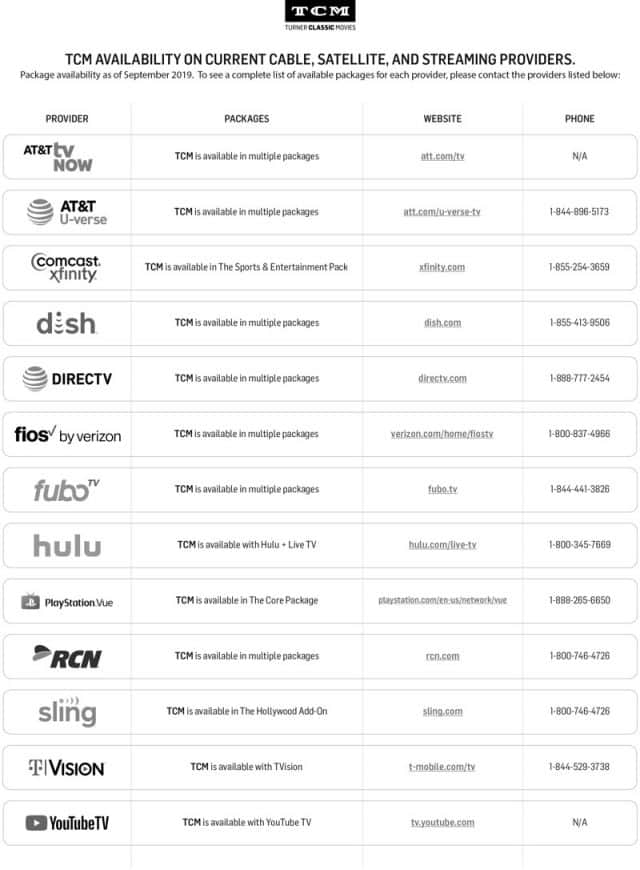 Despite a recognition that customers are using more data than ever as they cut traditional cable television in favor of streaming, Comcast’s data cap remains stubbornly fixed at 1 TB a month.
Despite a recognition that customers are using more data than ever as they cut traditional cable television in favor of streaming, Comcast’s data cap remains stubbornly fixed at 1 TB a month.
The nation’s largest cable operator last week completed a significant speed upgrade in 14 states in its Northeast and Mid-Atlantic service areas from Maine to Virginia. Some plans are getting as much as a 60% speed boost, but Comcast is not budging a megabyte on its fixed data cap that amounts to 1,000 GB of usage per month.
Comcast acknowledges the speed upgrades are designed to meet the exponential increase in demand for high-bandwidth video streaming in households that now average at least ten devices connected to the internet. Many of those devices are now streaming 4K video, which takes double the bandwidth of traditional HD video.
The speed upgrades:
- Performance Starter: was 15 Mbps, now 25 Mbps
- Performance: upgrades from 60 Mbps to 100 Mbps
- Performance Pro: up from 150 Mbps to 200 Mbps
- Blast: A slight upgrade from 250 Mbps to 300 Mbps
- Extreme: This premium plan used to provide 400 Mbps, but it is now 600 Mbps.
Comcast faces significant competition in this part of the country from Verizon’s FiOS fiber to the home network. That may explain why it is also the only significant part of Comcast’s service area that remains exempted from the cable company’s data caps. Verizon has no data cap of consequence, although the company has shut down some customers that were likely using their residential internet connection as a server, running up many terabytes of usage a month.
For now, Comcast’s speed upgrades come with no price hike.
The speed increases are likely to be welcomed by most customers, but Comcast’s pervasive data cap for most of its nationwide footprint is not. In November, that data cap will be tested like never before as Google launches its Stadia cloud-based video game service. Up to six million broadband customers are expected to blow through their provider’s monthly data cap while using the service, which replaces traditional home game consoles. That is because Stadia will consume an enormous amount of bandwidth — as much as 15.75 GB an hour at 4K resolution.
An article published by Vice Media warned video game enthusiasts they could easily face steep overlimit usage penalties on a future bill:
According to data from The NPD Group, America’s estimated 34 million gamers play 22 hours per week on average. Were those gamers to all shift to Stadia as their primary game platform at 4K, they’d burn through 1,386 GB of data monthly. And that’s just the bandwidth consumed by gaming; it doesn’t include music and video streaming or other activities.
The result will be an even higher broadband bill for US consumers who already pay some of the highest prices in the developed world for bandwidth. For many this will be a surprise. Of the 943 gamers surveyed by the company, only 17 percent were certain they had a broadband cap. 21 percent say they weren’t sure one way or the other whether their broadband was metered.
Most providers set their overlimit penalty at $10 per 50 GB of excess usage. Some offer to waive data caps for a monthly additional charge of $50. That makes Google’s $10 video game service much less of a bargain than many initially thought.
When questioned about the impact data caps could have on Stadia, Google vice president Phil Harrison hoped the nation’s ISPs would do the right thing by their customers.
“ISPs have a strong history of staying ahead of consumer trends and if you look at the history of data caps in those small number of markets…the trend over time, when music streaming and download became popular, especially in the early days when it was not necessarily legitimate, data caps moved up,” he said. “Then with the evolution of TV and film streaming, data caps moved up, and we expect that will continue to be the case.”
Except Harrison’s utopian world view is not accurate. In fact, most broadband providers have set data caps and left them unchanged for years, even as those same companies promote frequent speed upgrades. In effect, more and more customers are running over their usage allowances and either paying steep penalties, reducing usage, or agreeing to pay another $50 a month to dispense with the cap altogether.
Vice author Karl Bode reminds readers “broadband caps are complete nonsense.”
“Experts say the real purpose of such limits is to covertly jack up your already expensive broadband bill—and punish customers looking to cut the cord on traditional cable TV services,” Bode added.
Correction: Data cap expressed at 1,000 MB changed to 1,000 GB to reflect the correct allowance.


 Subscribe
Subscribe
 Several other proposed measures, including
Several other proposed measures, including  Newsom’s explanation for killing AB 1212 was hardly compelling, as he explained he felt the measure was “unnecessary” because “existing law already encourages public retirement systems to invest in state infrastructure.” But that explanation ignores decades of state government bureaucracy, where agencies zealously guard their funding and protect their own existing project priorities to the hilt. AB 417 would have expanded the mission of the DFA, something the governor argued should only be done in the state budget and only within the specific context of the broader mission of the department, whatever that means. The head of the DFA was likely thrilled anyway.
Newsom’s explanation for killing AB 1212 was hardly compelling, as he explained he felt the measure was “unnecessary” because “existing law already encourages public retirement systems to invest in state infrastructure.” But that explanation ignores decades of state government bureaucracy, where agencies zealously guard their funding and protect their own existing project priorities to the hilt. AB 417 would have expanded the mission of the DFA, something the governor argued should only be done in the state budget and only within the specific context of the broader mission of the department, whatever that means. The head of the DFA was likely thrilled anyway. AT&T customers in Portland, Ore. discovered their cell phone bills increased this summer because the wireless company decided to pass along the costs of Portland’s Clean Energy Tax to its customers. Except AT&T is exempt from paying the tax, but wants customers to pay to recoup costs the phone company is not paying.
AT&T customers in Portland, Ore. discovered their cell phone bills increased this summer because the wireless company decided to pass along the costs of Portland’s Clean Energy Tax to its customers. Except AT&T is exempt from paying the tax, but wants customers to pay to recoup costs the phone company is not paying. Turner Classic Movies (TCM) is now missing from Comcast TV subscribers’ basic package, moved to a high-cost add-on primarily known for its added sports channels.
Turner Classic Movies (TCM) is now missing from Comcast TV subscribers’ basic package, moved to a high-cost add-on primarily known for its added sports channels.
 Frontier residential customers in Nevada could receive a refund and improved service after a court filing from the Nevada Attorney General’s Bureau of Consumer Protection (BCP) found Frontier’s internet services lacking.
Frontier residential customers in Nevada could receive a refund and improved service after a court filing from the Nevada Attorney General’s Bureau of Consumer Protection (BCP) found Frontier’s internet services lacking.